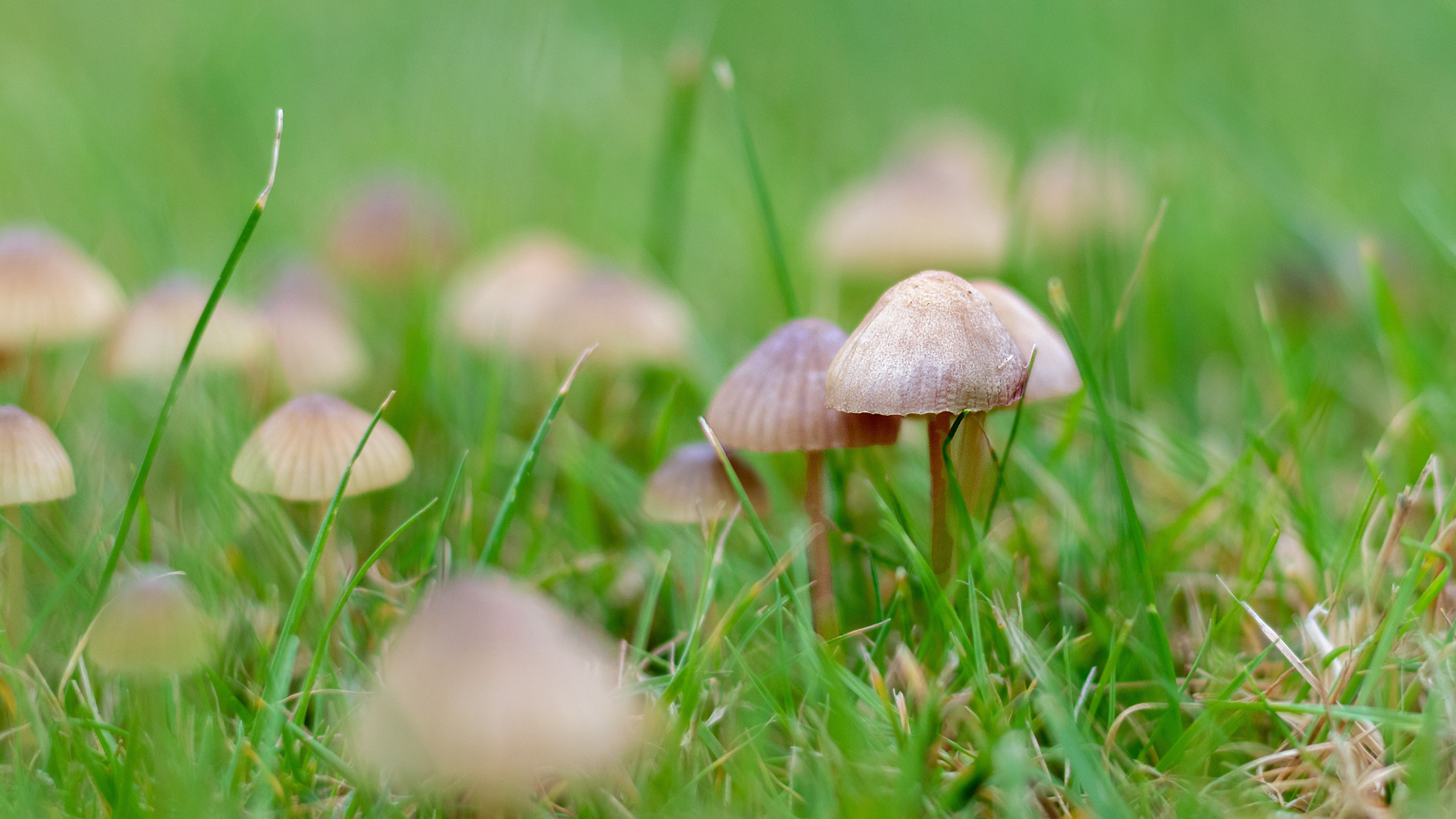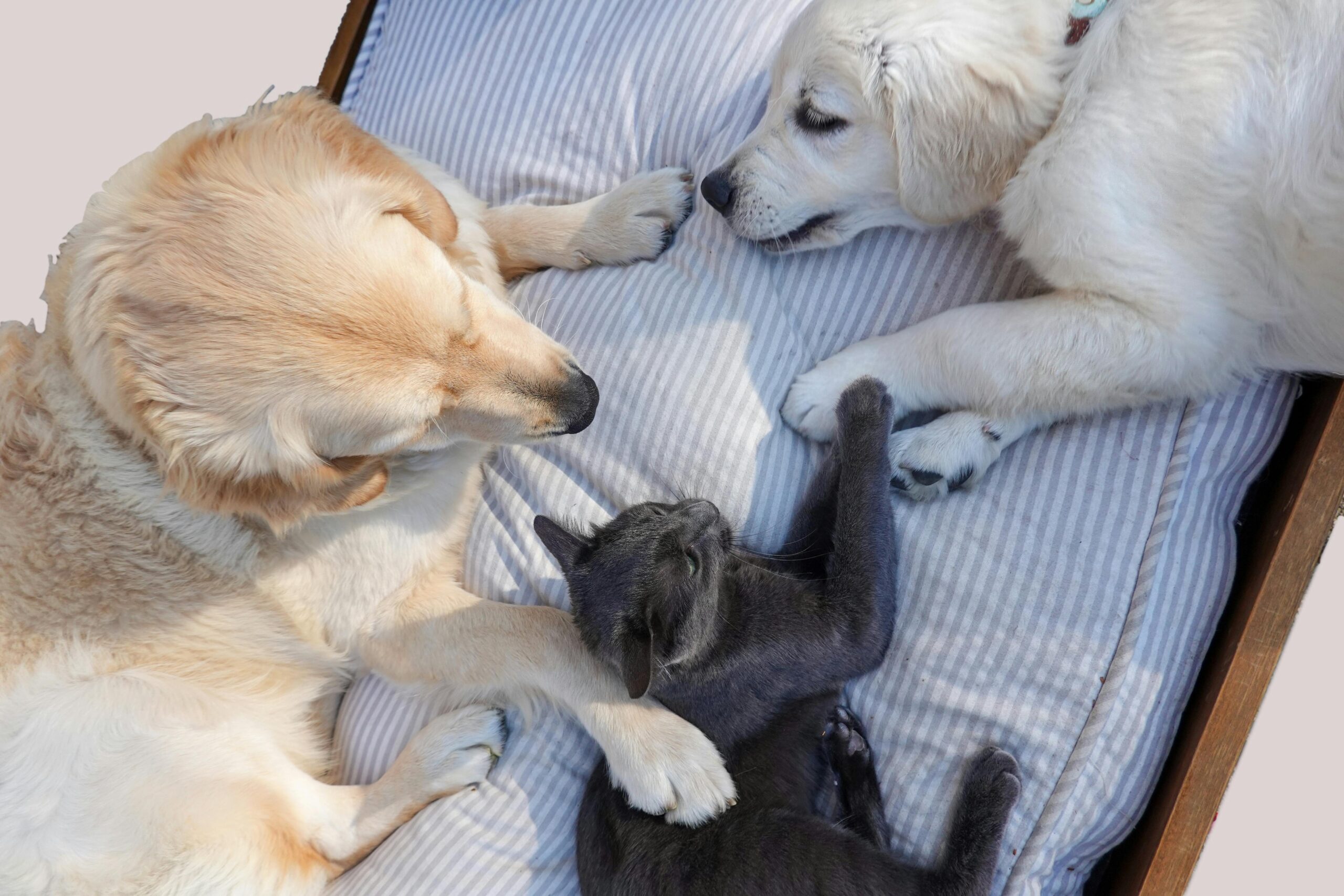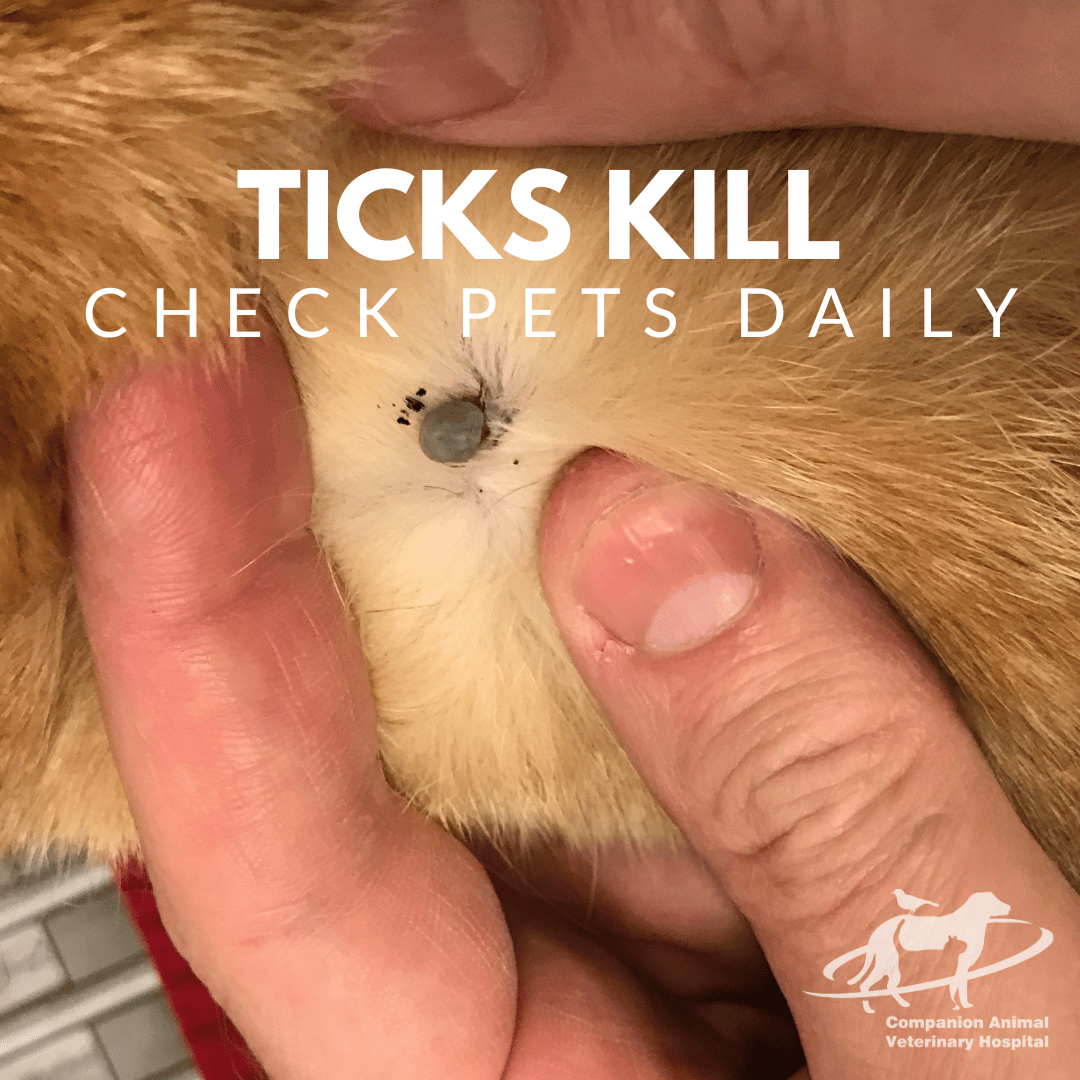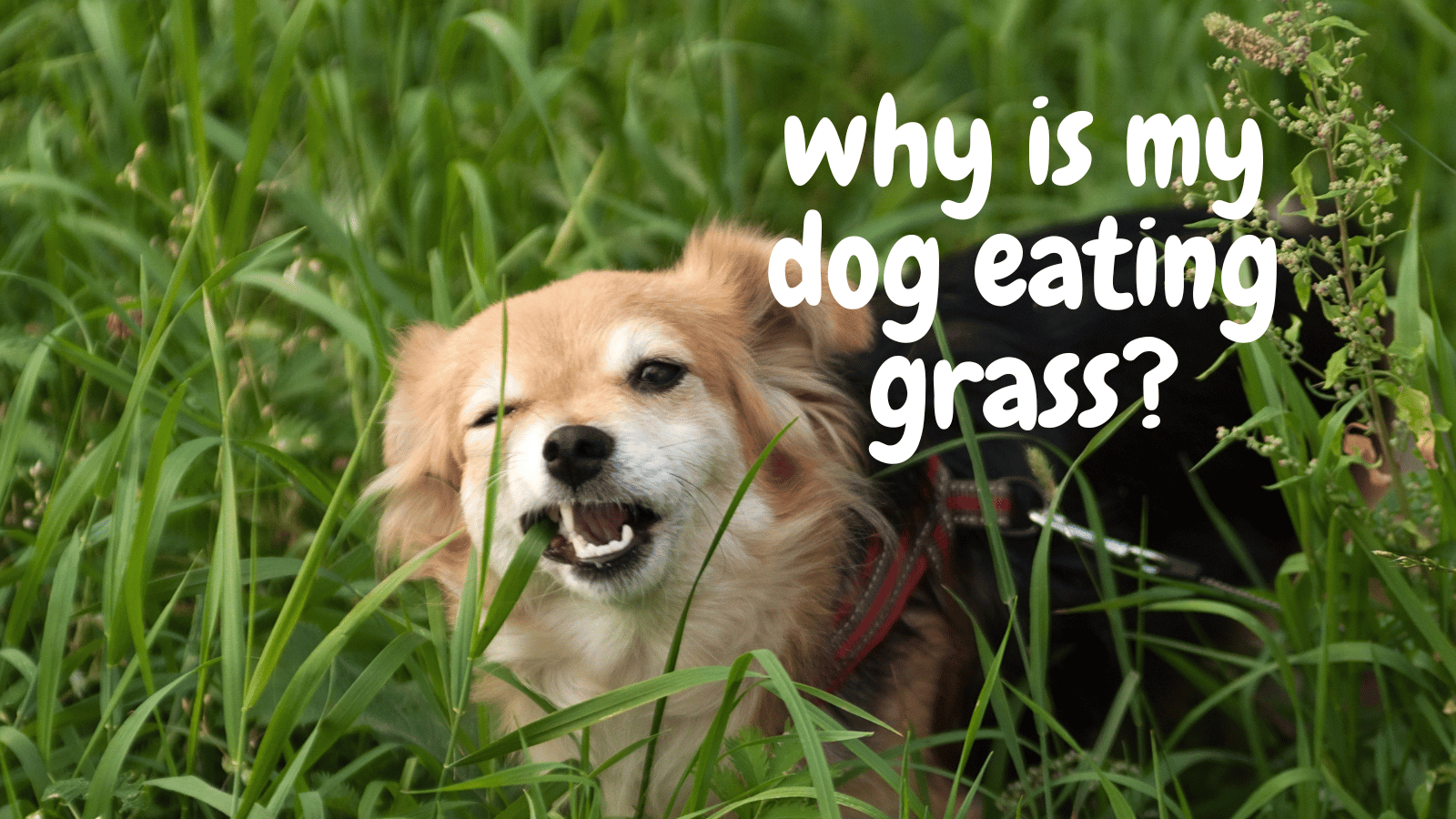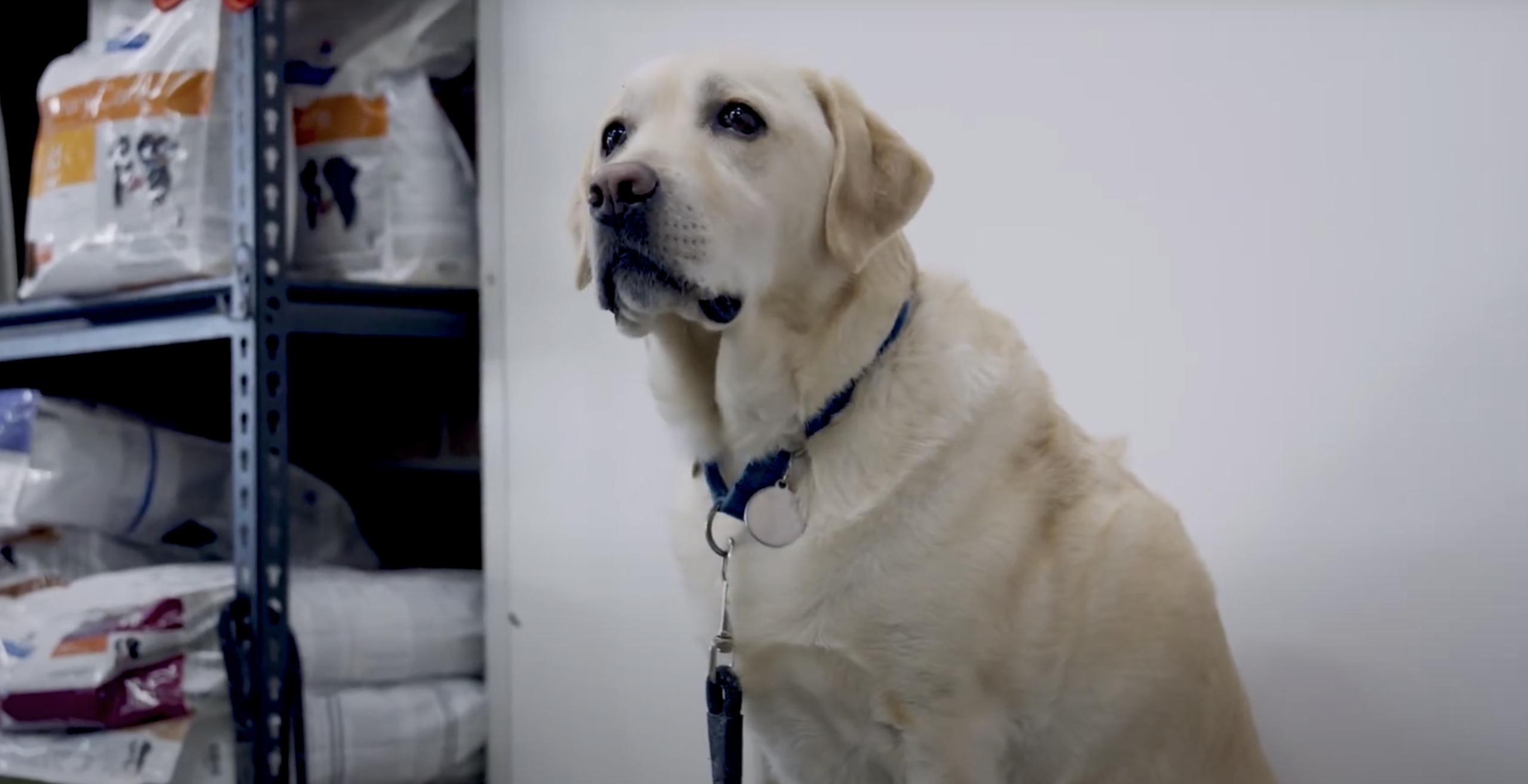Hey everyone, it’s Mel from Companion Animal Vet Hospital in Dapto. With the recent rains, we’ve noticed a surge in mushrooms popping up everywhere – in yards, by roadsides, and even around our clinic. It’s crucial to understand the risks these fungi pose to our pets, so let’s dive into what you need to know.
The Hidden Danger in Your Yard
Mushrooms can be incredibly dangerous for dogs and cats. The challenge is that it’s extremely difficult for non-experts to distinguish between safe and poisonous varieties. Mycologists, or fungi experts, are the ones who can accurately identify safe mushrooms, but for the rest of us, it’s a risky guess.
Attractive but Deadly
Interestingly, some of the most dangerous mushrooms, like the notorious Death Cap, can have a fishy or off smell that’s particularly attractive to dogs. This makes them even more hazardous, as your pet might be drawn to them.
Prevention is Key
The best approach is proactive removal. If you spot mushrooms in your yard or lawn, remove them immediately to reduce the risk to your pets. Regularly checking and clearing your outdoor spaces can be a lifesaver.
Recognizing the Signs of Mushroom Poisoning
If you suspect your pet has ingested a mushroom, the safest course of action is to get them to a vet immediately, even before symptoms appear. Common signs of mushroom poisoning include vomiting, diarrhea, and in severe cases, liver failure indicated by jaundice (yellowing of the eyes and gums). Neurological symptoms like seizures can also occur, though they’re less common.
What to Do in Case of Poisoning
There’s no specific antidote for mushroom poisoning, but early veterinary intervention can make a huge difference. Vets can induce vomiting to remove the mushrooms from the system and provide supportive care to protect liver and kidney function.
Safe vs. Unsafe Mushrooms
It’s important to note that store-bought, edible mushrooms are safe for pets. The real danger lies in wild mushrooms. If your pet accidentally eats a bit of mushroom from your plate, there’s no need to worry unless it contains toxic ingredients like onions or garlic.
Final Thoughts
In summary, with the proliferation of mushrooms during wet seasons, it’s crucial to be vigilant about your pets’ outdoor environment. If in doubt, remove any mushrooms you find and keep a close eye on your pets. And remember, if you suspect mushroom ingestion, don’t hesitate to contact your vet immediately.
